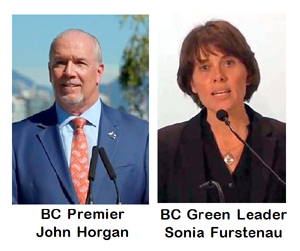Tuesday September 15, 2020 | VICTORIA, BC
Editorial Analysis | by Mary P Brooke, editor | Island Social Trends
BC Green Party Leader Sonia Furstenau in her acceptance speech yesterday took a hard line swipe against Premier John Horgan and the NDP for evidently planning to perhaps call an early provincial election.
That of course would be during the present and ongoing COVID-19 pandemic and accompanying economic crisis.
Furstenau believes that Horgan and his government should be “putting people first”, which is a curious statement in that the prevailing view is that the Horgan NDP government has in fact been doing a pretty good job of helping British Columbians cope with the pandemic.
Philosophical divide:
Furstenau and the BC Greens seem to feel that carrying on in the present governance setup is the best way to focus on the many needs of British Columbians. But the stability of the current minority (agreement-propped-up) BC government has always been fragile. Horgan and the NDP likely see that the long haul over many years of the pandemic can be handled in a more solid fashion for British Columbians if — at this juncture — policies and budgets can be set in motion with assurances for stability over several years, not just the next six months to a year.
An election ‘on schedule’ in October 2021 could well be bad timing for a province at that point. A year from now BC and Canada could perhaps still dealing with sporadic availability of a COVID vaccine, and thereby be in a messy economic scenario. It’s just smart politics to run again when people are relatively pleased with a government’s performance. Though of course it still behooves government leadership to guide the bigger picture, most especially during a pandemic.
Minority government running it course:
Horgan’s government is technically a minority government which was fortuitously propped up by an agreement with the Greens for working together in progressive directions for the province. Horgan frequently says that he, his Cabinet and MLAs have been ready “from day one” for an election (now for over three years), given the innate fragility of any agreement to co-govern.
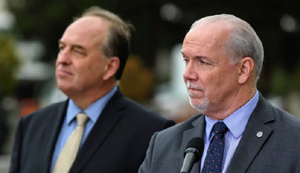
As Horgan himself has implied, it was now-former BC Greens Leader Andrew Weaver with whom he made the Confidence and Supply Agreement (CASA) back in July 2017, after the Lieutenant Governor of the day kicked out the BC Liberals even though they had won the most seats. Horgan was able to convince then Lieutenant Governor Judith Guichon that the people wanted the progressive direction for their government. Most could safely argue that Guichon made the right call.
But after Weaver retired from the Green leadership in November 2019 (saying his primary objective for getting into politics, i.e. clean energy policy, had been achieved), it appears as though Horgan feels the strength of CASA had more to do with the man, than the party.
Under any lens, three-plus years is a long run for a minority government. All it would take is one vote where BC Liberal MLAs team up with the Greens on a particular issue, and the government would fall. Meanwhile, the next legislative session is set to begin in a couple of weeks, on October 5.

Tall orders for any government:
The current times of pandemic and socioeconomic crisis have delivered to our elected leaders some of the tallest orders any government in modern times has had to deal with. In BC there are currently two health emergencies.
- Along with COVID-19 are the many economic challenges which impact all areas of modern living including income levels, housing, child care and transportation.
- Along with the opioid overdose crisis are societal and legal challenges (such as accepting that people ‘use’ and why, and potentially decriminalizing personal possession of street drugs) and the financial and infrastructure challenges of hands-on care.
All the urgencies around that tangled web of health, economic and legal issues are compounded now — and for the next few years — with the social challenges that have surfaced for overdue attention. That includes addressing systemic racism against blacks and indigenous peoples, the structure and responsibilities of policing, as well as the unfortunate economic and social mobility pushback against women who must balance or make choices between taking care of children and home or being active in the workplace.
A good time for a majority:
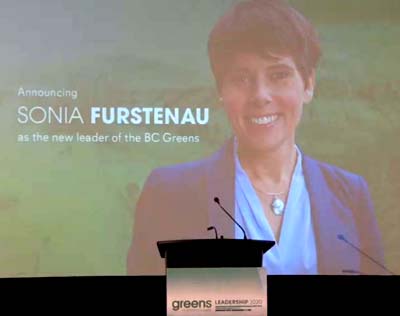
This is a time that is ripe for creative leadership, and “doing politics differently” as Furstenau declares of her intentions as the new BC Green leader.
No doubt there are things about organized politics that could be improved upon, for the sake of the people. But gunning for a majority at times when government must act quickly and with fortitude is the goal that the current Premier and his government very likely have in mind.
Horgan is a long-time political junkie who spent years in the policy side of government before running for elected office. In general he has leaned favourably to the idea and practice of set election dates. That he is willing to let go of regularity and take a risk — even with the perceived imposition of an election upon people struggling in the pandemic — is perhaps an indicator that those with inside-intel on the pandemic see that COVID will still mean having a stable government at the wheel in the next few years. From this point in time, not from next year forward.
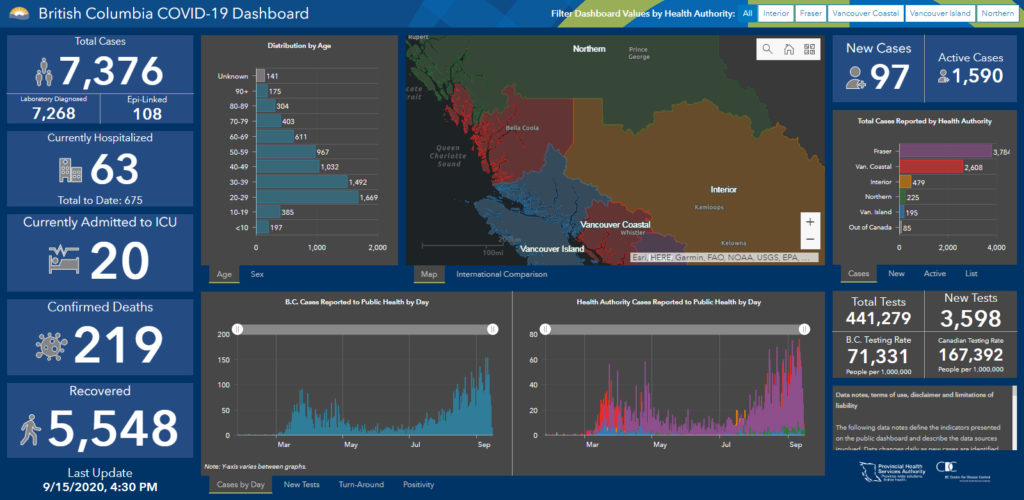
Better there be a majority government now, instead of relying on the fragility of a minority government that could drop the ball at any time, and perhaps not at a good time in these uncertain days of COVID.
Productivity in delivering for the people:
Yes, minority governments can be productive. The 43rd Parliament of the last year in Ottawa being a good example. The NDP under Jagmeet Singh’s people-first leadership was able to push for things that really did help the people in significant ways (notably CERB).
In the case of BC, it could be argued that we’ve had it pretty good in this province during these treacherous and tumultuous times as COVID has cast upon us. The BC government has ‘topped up’ what the federal government delivered (e.g. the one-time BC Emergency Benefit for Workers), and through Horgan’s political influence beyond BC-borders has led to things like federal funding into education (which is officially a provincial responsibility).
It is simply a fact that BC could have done a lot worse during this pandemic. One can imagine that Horgan’s government seeks to continue doing what polls are showing… that BC is helping people in these tough times.
Doing better with a secure four-year mandate:
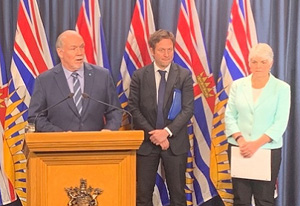
Could some things be done better? No doubt. Will it help to try and manage things with a minority government at this time? Maybe. But ‘maybe’ is probably not solid enough with what is yet to come for BC and Canada and the globe during COVID-19.
The cooperation among MLAs of all three parties has served British Columbians well. Given that established expectation of cooperation, Horgan with a majority would have to carry on with that posture, in order to maintain the magic of how BC has handled COVID-19 to date.
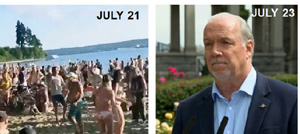
It could be quite unproductive for British Columbians — many of us with our lives on the line during the pandemic (perhaps more than we know), to have a more robust three-party MLA profile next year if the election were to wait until the scheduled October 2021.
Horgan’s worst nightmare may well be having to be dragged into fractious battles with Opposition MLAs. The year 2020 has offered something of a reprieve in that regard.
If Horgan hopes to use his COVID-phase popularity to establish a minority, British Columbians could do a lot worse. If you like how things have rolled provincially-speaking during the pandemic, better to run with the ‘devil you know’ than the one you don’t. COVID economics requires stability. Again, it appears that the current government feels it can deliver more stability for the broadest range of its population by continuing into a second term.
It comes down to trust:
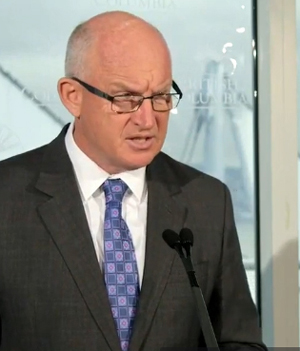
Benefits of a second term include the working relationships now established within government and with other levels of government. Most governments — unless they have seriously erred — win a second time around.
Horgan and his current government have the trust of the people, seen in many ways, not the least of which is the relatively benign awareness that the BC Government has continually renewed the State of Emergency — every two weeks, and again today (to September 29).
If most people didn’t trust what was going on, that level of absolute control over our lives — to which we lend our compliance — would not be happening.
Second round during a second wave:
It’s almost unfathomable, but as a society we have already learned to function and cope during a pandemic. Kind of like learning to swim under water without coming up for much air. One does it out of necessity.
New Brunswick just completed a provincial election this week without much fanfare. Life goes on. Life might go on better if British Columbians decide on their next government now, before we are shuttered in by COVID again this fall and winter. What lies ahead in 2021 will not be easy. On top of the health challenges, the economic impacts are yet to be fully known. Politicians refer to this phase as one of ‘economic recovery’, which sugar coats — just a little bit — how difficult a process that yet may be.
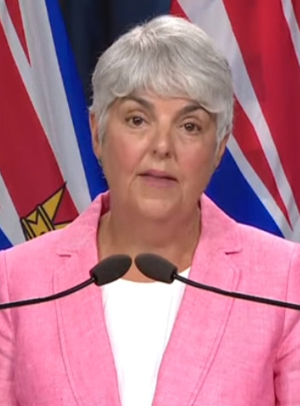
Nothing is for sure in politics. In that regard, Horgan is taking a risk if he calls an election this fall. For someone who cares deeply about the mission he is fulfilling in provincial leadership — especially during COVID — he is no doubt hedging his bets that it’s better to get organized for another four years (a second round for NDP leadership) now than to let chips fall where they may in the fall of 2021.
For sure, Horgan will miss the steadfast financial guidance of Carole James as his finance minister. Long-time MLA for Victoria-Beacon Hill, she said last week that she will not be running again (due to health reasons) no matter what may come in the way of election timing.
Hedging our bets:

Again this makes one wonder what he and public health officials know, that we don’t know. Sure, they share all their BC Centre for Disease Control statistics with the public, profusely. But that’s not the same as seeing the full big picture.
Regardless of a fall 2020 election outcome, better that citizens have made our choice of government now, before heading into the long battle and recovery that 2021 to 2024 already now promise to provide to those with their eyes wide open.
If there was ever a circumstance by which to justify a bending of the election scheduling rules, a COVID probably sits around the top of the list.
Election during a pandemic:
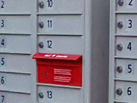
The option for voting by mail-in ballot has been around for years (used exclusively for some referendum processes in recent years).
But it seems to already be people’s likely voting method of choice during the pandemic (especially for people who will be self-isolating). If there’s a fall 2020 election in BC, Canada Post will need to be ready!
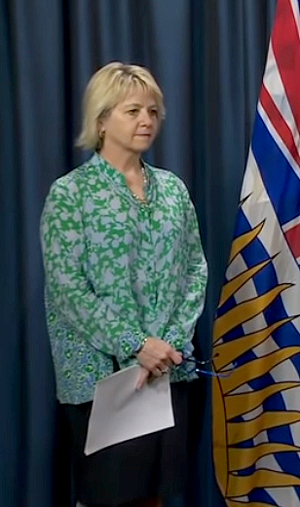
This week BC Provincial Health Officer Dr Bonnie Henry said that the function of public health will continue as usual even during an election. She has also referred to politicians lately as her ‘political masters’; the influence of political policy is always evident in when and how certain initiative and programs are delivered, based we are told on the advice of public health.
There could be more wisdom than we know in Dr Henry’s repeated reminders that “all the information” about COVID-19 is on the BC Centre for Disease Control website. That could be more than a commentary about how media is not the scientific source of data. People know that (even though media job, at best, is to provide thoughtful commentary).
It will be interesting — if there is a provincial election this fall — to see if public health messaging is in any way different during the election campaign period. ~ MPB



